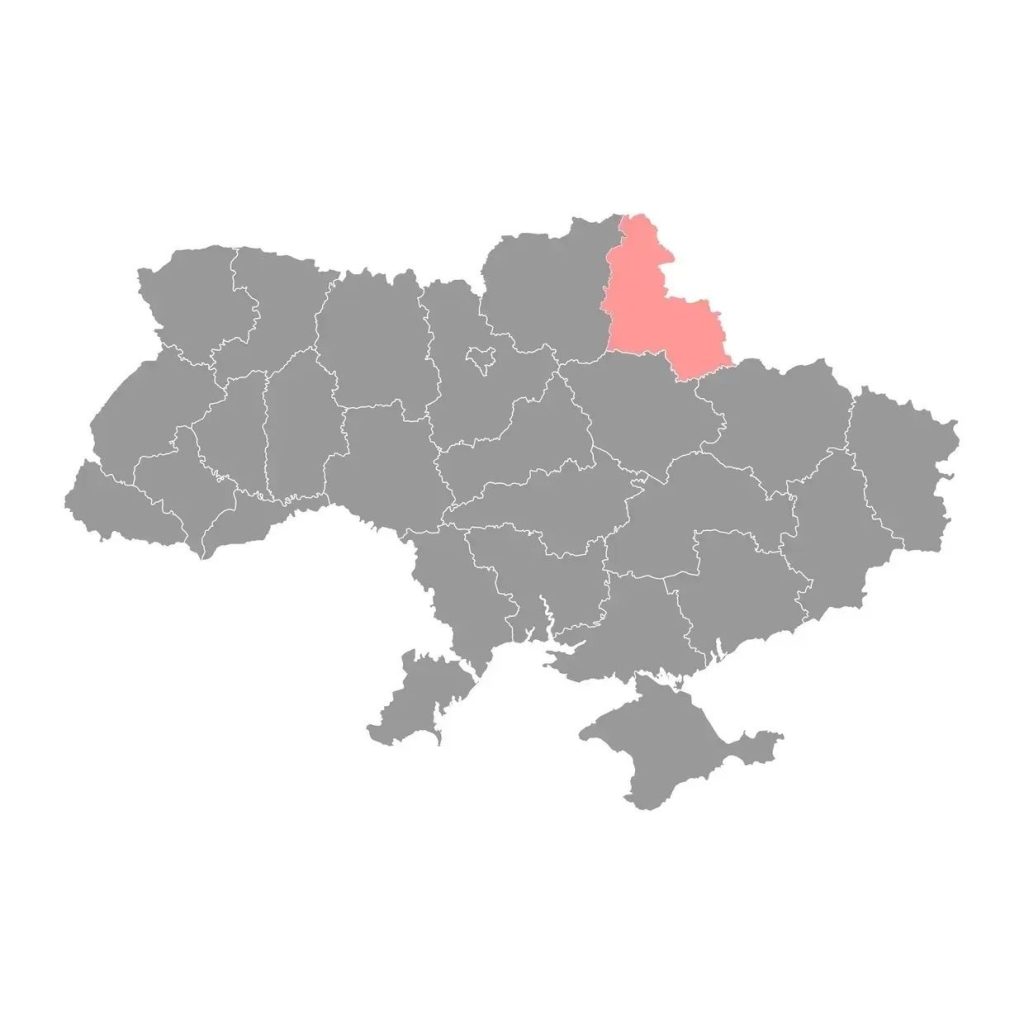Russian forces launched a series of attacks on 12 communities along the Sumy Oblast border in Ukraine on April 12, resulting in over 100 explosions. These communities, including Bilopillia, Myropillia, Khotin, and Svesa, were targeted with artillery, mortars, mines, and drones. Bilopillia experienced the heaviest assault, with 20 mortar explosions throughout the day. Although there were no reported casualties or damage to civilian infrastructure along the border, earlier in the day, a Russian airstrike hit the regional capital of Sumy, injuring three people and damaging buildings. Residents living along the northeastern border with Russia are facing daily attacks, prompting the government to allocate Hr 1.5 billion for additional fortifications in Sumy Oblast.
On the same day, Ukraine’s energy minister reassured the public that the energy system remains stable but urged citizens to prepare for potential power outages. In other developments, a US official warned that a collapse of the Ukrainian army cannot be ruled out, highlighting the ongoing challenges faced by the country. Additionally, the Netherlands announced a further $1.5 billion in aid for Ukraine, showing international support for the nation in its fight against Russian aggression. These developments underscore the complexity and severity of the situation in Ukraine, requiring both national and international efforts to address the ongoing conflict.
The attacks in Sumy Oblast represent a continuation of Russia’s aggressive actions in Ukraine, with civilians bearing the brunt of the violence. The town of Bilopillia, with a pre-war population of around 15,600 residents, is just eight kilometers from the Ukraine-Russia border and has been heavily impacted by the recent assaults. The targeting of residential areas and administrative buildings in Sumy indicates a deliberate effort by Russian forces to destabilize the region and instill fear among the population. Despite these challenges, the Ukrainian government’s decision to invest in additional fortifications demonstrates its commitment to protecting its citizens and defending the country’s sovereignty.
As the conflict in Ukraine escalates, the need for independent journalism and accurate reporting becomes increasingly crucial. Supporting initiatives that provide impartial and reliable information about the situation on the ground is essential for raising awareness and holding accountable those responsible for the violence. By joining the fight to support independent journalism in Ukraine, individuals can contribute to the dissemination of truthful and transparent news that sheds light on the realities faced by civilians in conflict-affected areas. This support not only bolsters press freedom but also empowers communities to stand united against aggression and injustice, fostering a sense of solidarity and resilience in the face of adversity.
The ongoing conflict in Ukraine serves as a stark reminder of the importance of international solidarity and cooperation in addressing global security challenges. The support from countries like the Netherlands underscores the significance of collective action in standing up to aggression and upholding democratic values. As Ukrainians prepare for potential power outages and other scenarios, it is clear that unity and resilience are essential for overcoming the obstacles posed by the conflict. By staying informed, advocating for peace, and supporting initiatives that promote transparency and accountability, individuals can play a vital role in supporting Ukraine and its people during this critical time. The fight for independence, democracy, and peace in Ukraine requires a united front and a commitment to standing together against tyranny and oppression.


